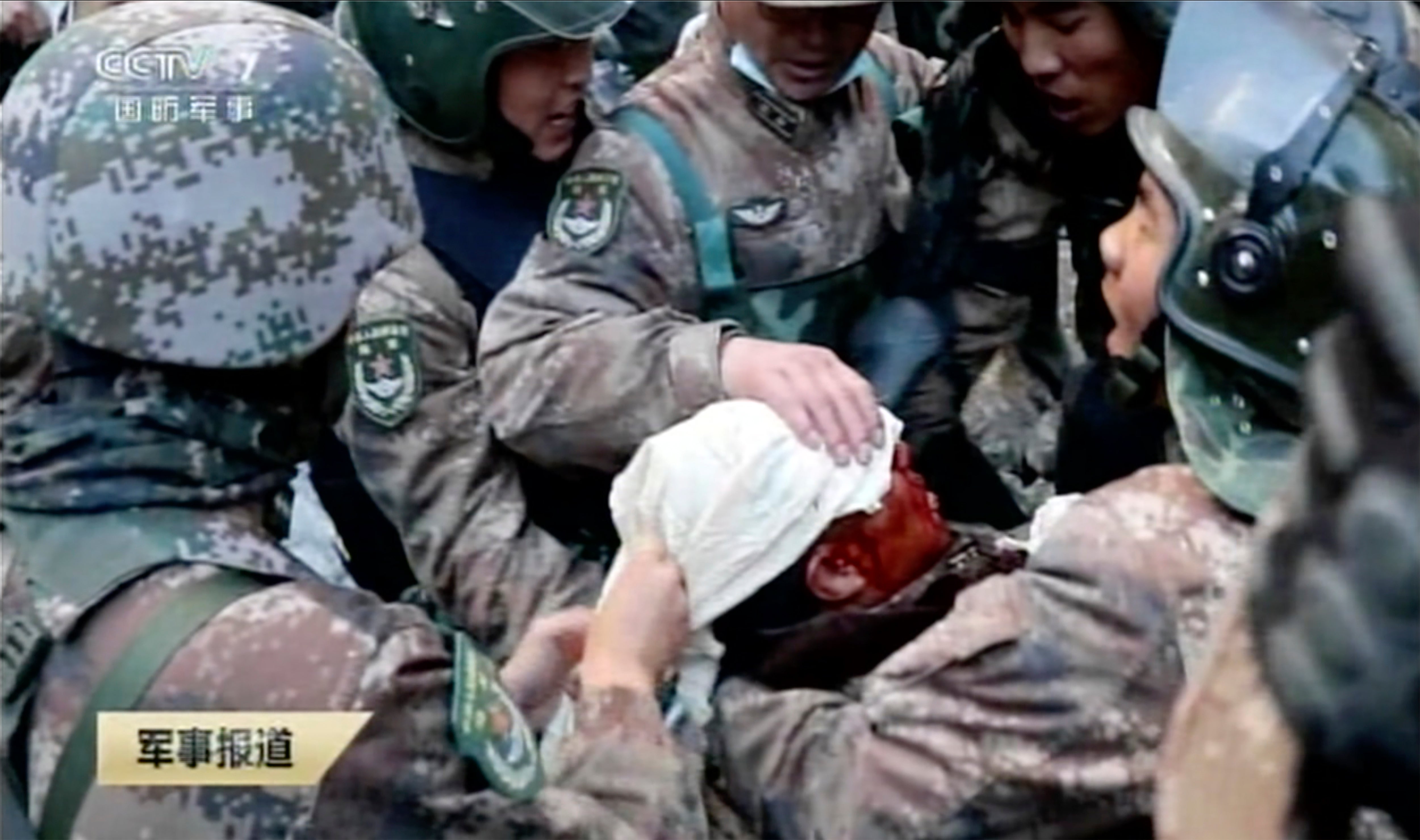India-China border tensions could spiral into wider conflict, army chief Manoj Pande says
China intends to be the leader in the new world order, army chief says
Your support helps us to tell the story
From reproductive rights to climate change to Big Tech, The Independent is on the ground when the story is developing. Whether it's investigating the financials of Elon Musk's pro-Trump PAC or producing our latest documentary, 'The A Word', which shines a light on the American women fighting for reproductive rights, we know how important it is to parse out the facts from the messaging.
At such a critical moment in US history, we need reporters on the ground. Your donation allows us to keep sending journalists to speak to both sides of the story.
The Independent is trusted by Americans across the entire political spectrum. And unlike many other quality news outlets, we choose not to lock Americans out of our reporting and analysis with paywalls. We believe quality journalism should be available to everyone, paid for by those who can afford it.
Your support makes all the difference.The Chinese military’s incursions on the Indian border could be a “trigger for escalation” of the boundary dispute that lead to a “wider conflict”, India’s army chief has said.
General Manoj Pande said the great power rivalry currently playing out between China and the US is influencing bilateral ties between Delhi and Beijing as he held the People’s Liberation Army (PLA) responsible for violating its border agreements with India.
One of the strongest ever comments on the ongoing India-China border dispute came during Gen Pande’s keynote speech at the second seminar on “The Rise of China and Its Implications for the World”, organised by the Savitribai Phule Pune University and New Delhi-based Centre for China Analysis and Strategy on Monday.
Addressing the border standoff between India and China on eastern Ladakh borders, the Indian army chief said pockets of dispute and contested claims to territory on the border between the armies continue to exist due to “differing perceptions on the alignment of the LAC”.
“Transgressions remain a potential trigger for escalation,” Gen Pande said. “Border management hence requires close monitoring, as infirmities in border management can lead to wider conflict.”
The two nuclear-powered South Asian nations that have a decades-old history of border dispute have been working to de-escalate tensions on their loosely demarcated de facto border known as the Line of Actual Control for three years.
The tensions in the remote region with rivers, lakes and rugged mountains have escalated into skirmishes and a major bloody battle in June 2020 in the Galwan Valley where the soldiers of two armies clashed leaving 20 Indian and four Chinese personnel dead.

Gen Pande said that the Indian military’s concerns emerge from the PLA’s violation of four Agreements and Protocols of 1993, 1996, 2005 and 2013 forged to maintain peace and tranquillity on the LAC.
He added that the Indian army has carried out re-balancing of its forces to counter China on northern borders and “we have adequate reserves and are prepared for any contingency”.
“Our preparedness remains of a high order and troops continue to deal with the PLA in a firm, resolute and measured manner, while ensuring the sanctity of our claims,” he added.
Informing of India’s preparations amid the standoff, he said the army has ramped up critical infrastructure and logistic requirements – especially the forward area roads, Helipads and billeting for troops.
In his another significant remark, Gen Pande said China intends to be the leader in the new world order with its rise as a political, economic, technological and military power amid the geopolitical shift.
He said Beijing is seeking to replace the US as the “global net security provider”, believing in the policy of “might is right”.
“Its forays in the South China Sea, rejection of International Tribunal awards on maritime claims, activities in the Taiwan Straits and actions along the LAC bordering on bellicosity – make it increasingly apparent that China’s interpretation of an ‘international rules based order’ rests on ‘might is right’,” he added.



Join our commenting forum
Join thought-provoking conversations, follow other Independent readers and see their replies
Comments